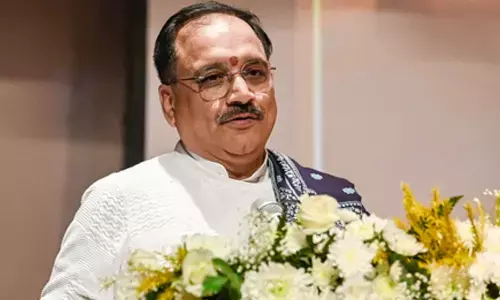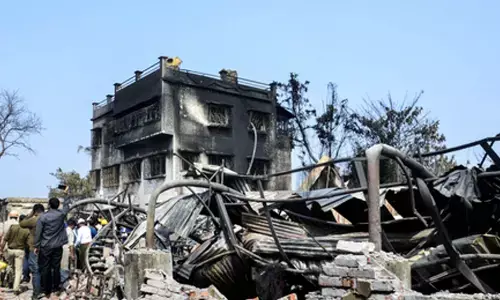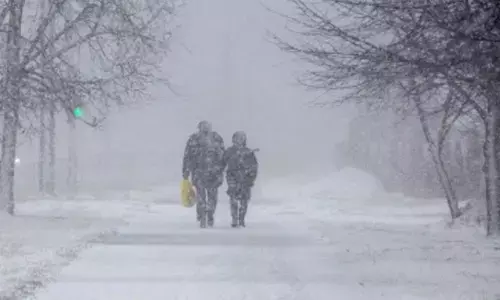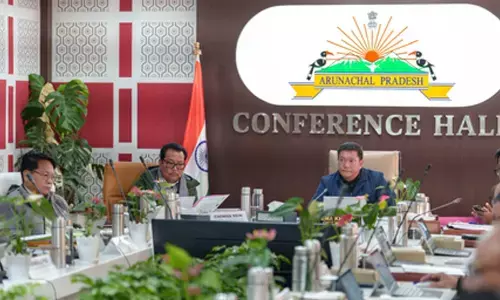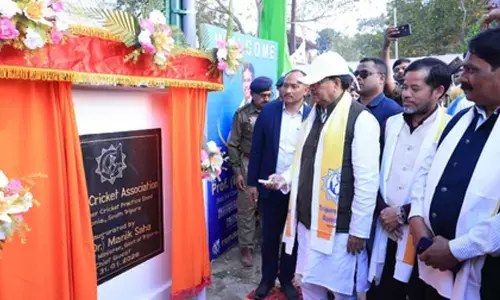Time is ripe for fundamental changes in judiciary
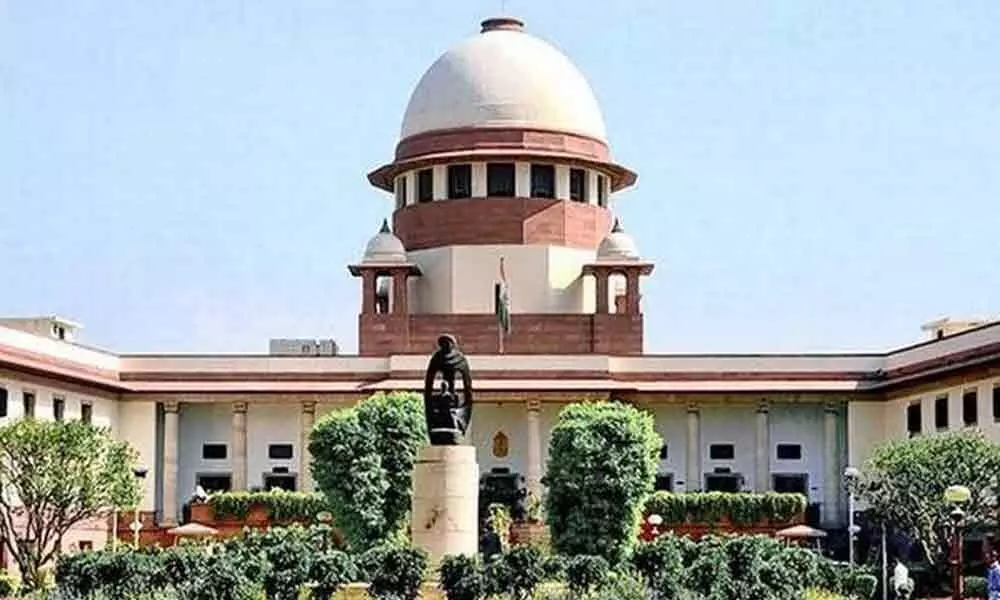
Supreme Court
Never let a good crisis go to waste” is a quote often attributed to Winston Churchill
"Never let a good crisis go to waste" is a quote often attributed to Winston Churchill. It is trite that the Indian judiciary is saddled with a range of legacy issues. With an abysmal judge-population ratio of 20 per one million as against the desirable ratio of 50 per one million (as recommended by the Law Commission of India in its 120th report in 1987), there is an urgent need for drastic reforms in the judiciary.
The Covid-19 pandemic has crippled the functioning of the courts and limited hearings to "urgent matters". This brings to mind the oft-repeated legal maxim, "Justice delayed is justice denied". Consider, for instance, the case of an under-trial prisoner or a criminal appeal at the final arguments stage. Would it qualify as an "urgent matter"? There should inevitably be an underlying sense of urgency for a matter to be taken up for hearing.
The judiciary is the principal guardian of the fundamental rights of people. Right to speedy justice is fundamental to the faith people have in the judiciary. Delayed justice amplifies the trust deficit between the citizens and the justice delivery system.
Hearing of constitutional matters has been greatly affected since the imposition of lockdown following the wild spread of novel coronavirus across the country. The Supreme Court (SC) has effectively been reduced to any other court functioning merely as an adjudicating body, instead of taking up important matters of constitutional and public law by VCs. On July 14, 2020, the SC held the first virtual Constitution Bench hearing. This serves at the very least as proof of concept and the same can gradually be scaled up and the enabling-technology perfected to introduce reliable virtual courts across the country.
A five-judge bench of the SC in the case of Bihar Legal Support v. Chief Justice of India held, "It would be desirable to set up a National Court of Appeal (NCA) which would be in a position to entertain appeals by special leave from the decisions of the High Courts and Tribunals in the country in civil, criminal, revenue and labour cases and so far as the present apex court is concerned, it should concern itself only with entertaining cases, involving questions of constitutional law and public law." The NCA is all the more necessary now given the expected increase in litigation due to the wide range of disputes arising out of the current pandemic.
While it is true that a large section of the population still lacks access to a reliable internet connection in India, the need for instituting a virtual justice delivery system is more strongly felt now than ever before. VCs have become all the more necessary now given the continuing health risk from the Covid-19 pandemic in the foreseeable future.
It is reasonable to surmise that a vast majority of litigants (or their advocates) have reasonable access to the internet. It is imperative that all material aspects of adjudication be given due consideration even in a virtual hearing.
Smooth adoption of the technology necessary for the operationalisation of VCs requires that judicial officers (JOs), who are generally responsible for the administration of the court be imparted adequate technological training to enable efficient functioning of VCs. Comprehensive guidelines governing the procedures and processes involving VCs may be issued by the respective High Courts (HCs).
There will be unintended environmental benefits to a virtual justice delivery system. Litigants will no longer need to visit courts, thus reducing the carbon footprint. E-filing and e-service of documents will greatly reduce use of paper, et al.
Although, the challenges of perfecting the enabling technology for the effective functioning of VCs remain, an imperfect system is better than no system. Recently, the Delhi HC launched two VCs for online settling of traffic violations in Delhi. It is important, however, to ensure that the enabling-technology for VCs not be some makeshift arrangement but rather something that can reliably outlive the current pandemic. Most institutional arbitration proceedings are increasingly moving to virtual platforms.
The structural deficiencies of the lower courts need immediate attention. The 2ndNational Judicial Pay Commission (NJPC) chaired by Justice P V Reddi in its report (for the district & subordinate judiciary) noted that on an average, it takes about 17 years for a junior civil judge to reach the position of a district judge depending on the number of courts, sanctioned cadre strength, available vacancies, etc. Currently, the representation of the lower judiciary in the High Courts is at a paltry 33%. The report recommended triple pay hikes for the lower judiciary and pension for JOs attracting new talent. The SC vide its order dated February 28, 2020 ruled that the recommendations of the NJPC be implemented "proactively". Increasing the strength of the lower judiciary leads to expeditious disposal of cases.
The absence of an independent body dealing with transfers and promotions of JOs leaving the HCs to perform these administrative functions adds to the problem of the overburdened judiciary. It is desirable to constitute a standalone body tasked with the recruitment of JOs and other related matters across various levels in the country. Though JOs are currently on par with civil servants in several ways, promotions are relatively stagnant for them.
Alternatively, there are nearly 90,000 retired judges in the country, whose potential can be tapped in clearing the pendency of cases by constituting fast track courts, Lok Adalats, and exploring other forms of alternative dispute resolution mechanisms. In this relation, NJPC recommended engaging retired judges at least for 5 years to help decrease pendency of cases.
A four-pronged strategy is suggested to overhaul the judiciary, particularly in light of the current pandemic:
l Constitution of an NCA manned by retired judges of SC and HC. This would free up the present apex court enabling it to focus its attention on the important questions of constitutional and public law.
l Instituting a reliable virtual justice delivery system, this can outlive the current pandemic enabling litigants' access to justice from anywhere.
l Constitution of an independent body by the SC for appointments, promotions, transfers of judges of the subordinate judiciary. This would free up the HCs from routine administrative functions enabling them to focus on substantial questions of law.
l Training of JOs and staff to enable them to ensure smooth and uninterrupted functioning of VCs.
(The writers are practising advocates based out of Delhi and Hyderabad respectively)








